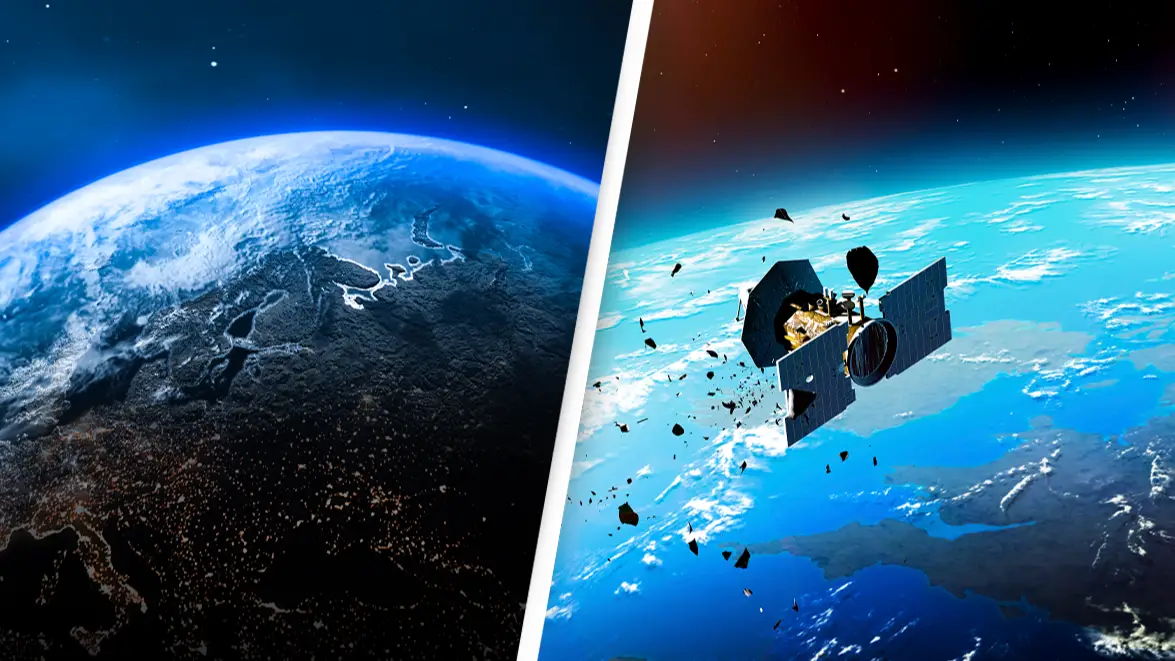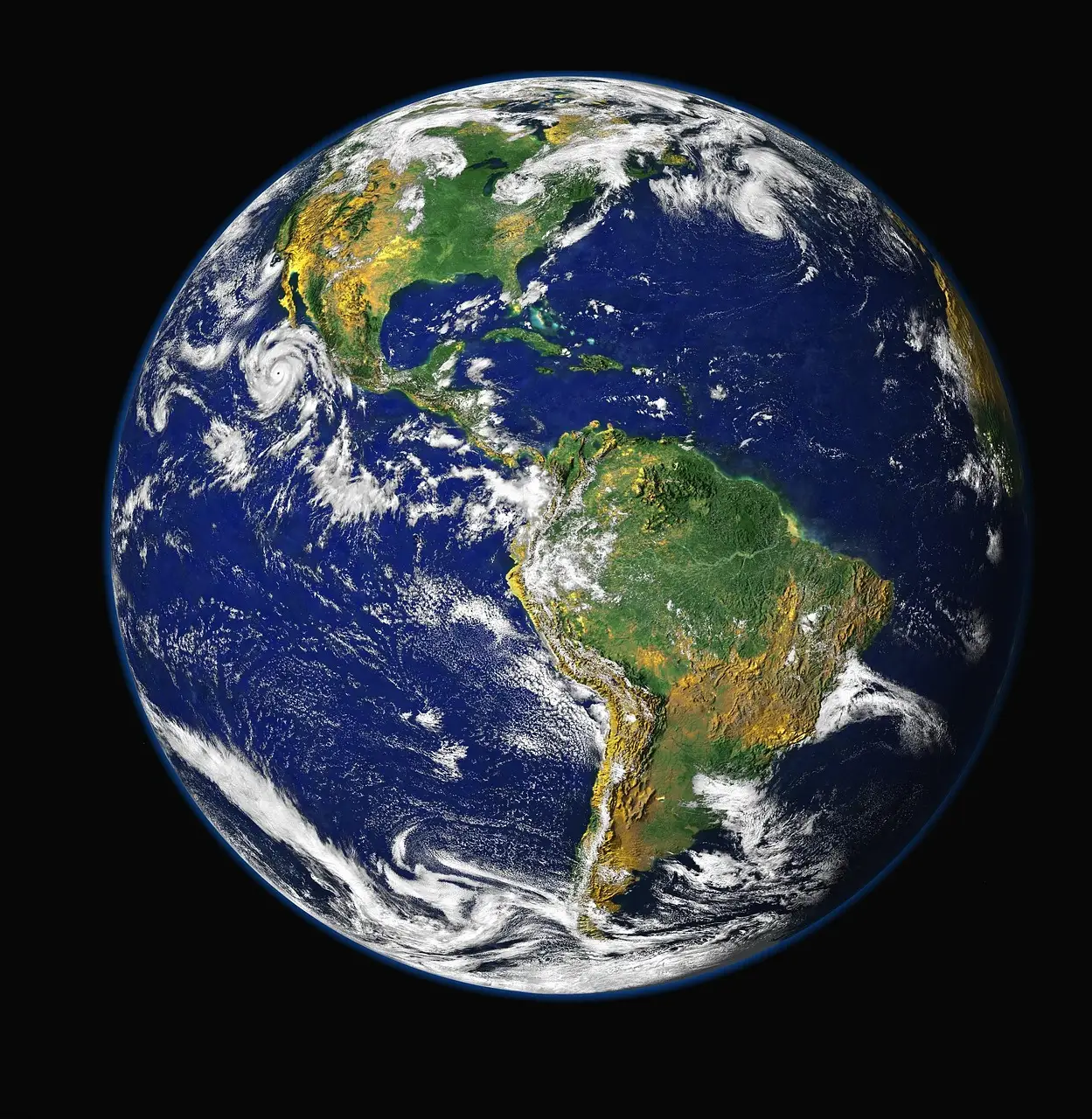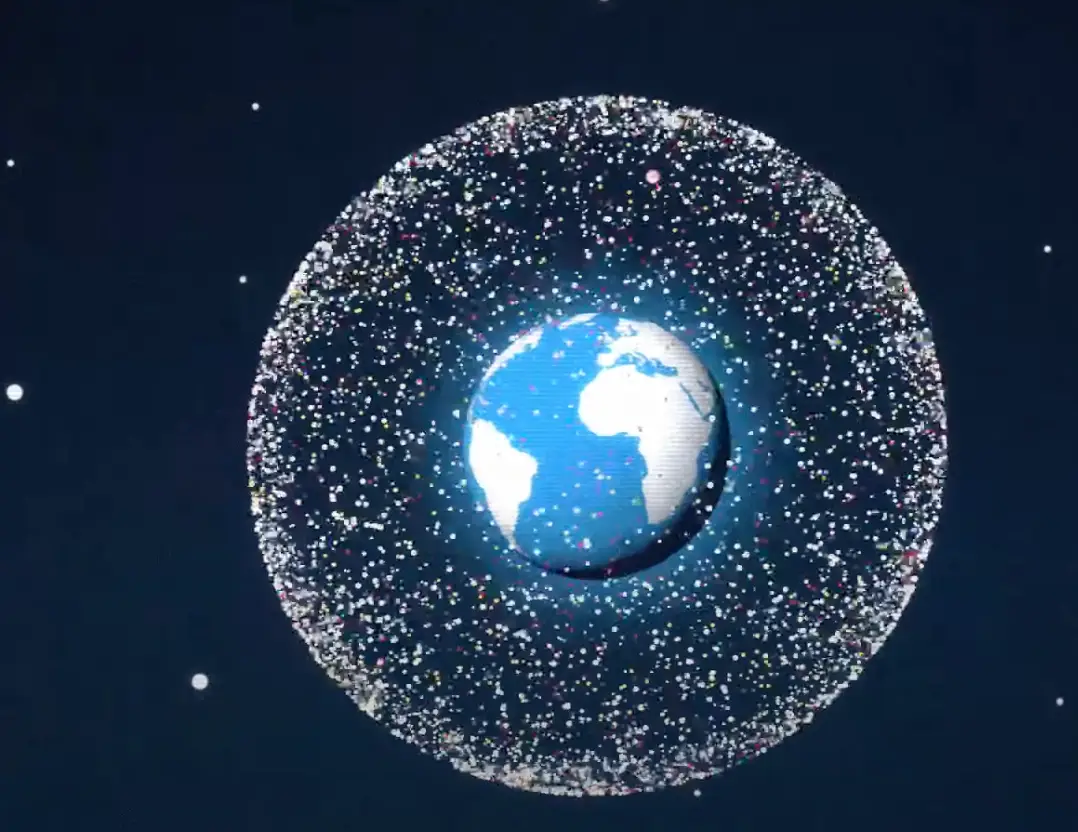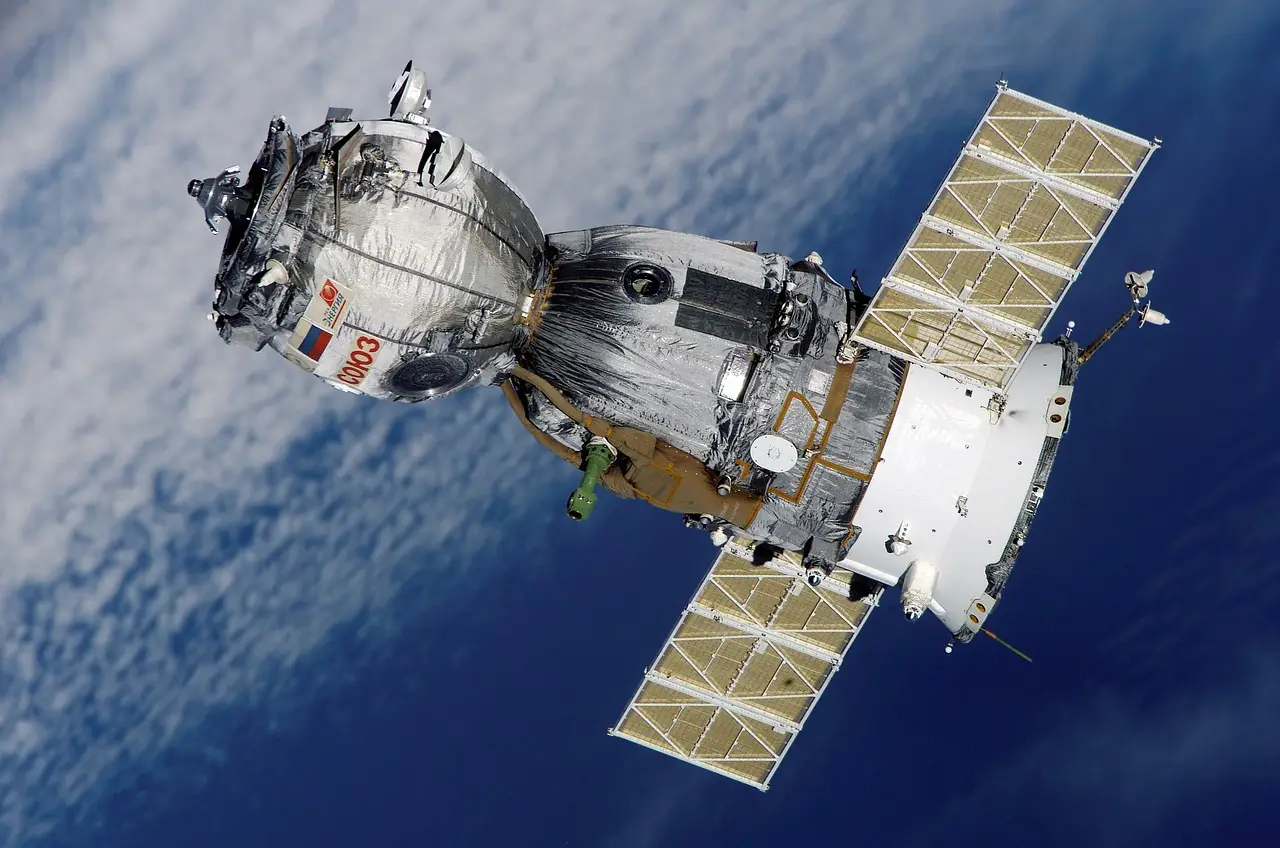
The United Nations has warned that Earth is 'fast approaching' a number of tipping points which could have catastrophic impacts.
If you're like me, chances are you feel like you're fast approaching a tipping point pretty much every day, so you'll know there's a fine balance to walk before things go too far.
The same can be said for the Earth as a whole - except if we get it wrong, it has a much bigger impact than you hiding away under a blanket for the rest of the day.
Advert
The UN shared its warning as it released its 2023 Interconnected Disaster Risks report, which looks into tipping points reached when the systems we rely on stop functioning like we expect them to.
The report found that Earth is moving 'close to the bring of multiple risk tipping points', as a result of 'rapid and fundamental change' caused by human action.
These changes are 'driving us towards potential catastrophe', though there's still time to change things for a more sustainable future.
Risk tipping points discussed in the report include accelerating extinctions, ground water depletion, mountain glacier melting, space debris, unbearable heat and 'uninsurable future'.

Dr. Zita Sebesvari, one of the report’s lead authors and UNU-EHS Deputy Director, explains: “With these risk tipping points, it is as though we are approaching a cliff that we cannot see clearly ahead of us, and once we fall off the cliff, we can’t easily go back."
Space debris, the UN explains, poses a threat to both functioning satellites and the future of our orbit, as thousands of now-useless objects continue to float around and clog up space.
Out of 34,260 objects tracked in orbit, only around 25 percent are working satellites, the UN reports.
The remaining 'junk' objects include broken satellites or discarded rocket stages, and they come in addition to an estimated 130 million pieces of debris which are too small to be tracked, measuring between 1 mm and 1 cm.

"Given that these objects travel over 25,000 kilometres per hour, even the smallest debris can cause significant damage," the UN explains.
"Each piece of debris becomes an obstacle in the orbital 'highway', making it increasingly difficult for functional satellites to avoid collisions."
The 'tipping point' with space debris comes when there are so many objects in space that one collision sets off a chain reaction, which causes our orbit to become so filled with shrapnel that it becomes unusable.
In turn, this would interfere with our ability to monitor the weather and environmental changes, and to receive early disaster warnings.
Space debris is just one of the six potential tipping points outlined in the report, which can be seen in full here.

The UN does offer up some solutions to prevent us reaching the tipping points, though they note these solutions 'must be able to address the multifaceted and complex nature of the problem'.
A framework presented by the organization offers four solutions: "Avoid (preventing risk), Adapt (dealing with risk), Delay (slowing risk progression), and Transform (system overhaul)."
Dr. Sebesvari explains: “Because of the interconnected nature of these risk tipping points, their drivers, root causes and influences, avoiding them will require more than a single solution”.
“We will need to develop solutions that bring together different sectors and address the drivers and root causes in a systemic way.”
Topics: World News, Environment, United Nations, Space